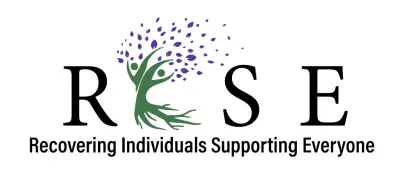The U-S observes the formal end of World War II next month. But the actual final victory over Japan occurred 70 years ago today. August 14, 1945 was the day Japan agreed to the terms of surrender from the United States and the other Allied nations, and today is the day V-J Day is observed in Great Britain and some other countries. The official Victory of Japan is observed in the U-S on September 2, the day the surrender documents were signed in Tokyo aboard the USS Missouri. Japan’s surrender came five days after the second of two atomic bombs was dropped on the country by U-S forces, and one historian believes that has contributed to what seems to be the widespread modern belief that Germany was the country’s greater opponent during the war. “Memories of the Japanese as victims district from a full acknowledgement of the Japanese as perpetrators,” said Elizabeth Lawrence, assistant history professor at Ball State University. “Japan was already involved in a conflict in China in the early 1930’s, so what is World War II for us was a nearly 15 year conflict in Asia.” Japan had either captured or annexed large portions of China, Korea, the Philippines, French Indochina (now Vietnam, Cambodia and Laos), Hong Kong, Thailand and many islands belonging to the U-S, Britain or Australia either before or during the war. Japan also had the intention of invading Australia – it bombed several Australian cities but never carried out an invasion. The U-S and other Allied countries were preparing to invade Japan with a force larger than the D-Day invasion of German-occupied France in 1944 before the atomic bombs were dropped. That invasion could still have taken place had Japan’s emperor Hirohito not agreed to the surrender over the objection of several of Japan’s military leaders. To ensure that the U-S understood that the surrender was official, Hirohito broadcast the surrender on Japanese radio – it the was the first time the general Japanese population had ever heard an emperor speak. “He was seen as a divine figure, and to be hearing his voice and – on top of that – the fact that Japan was surrendering when all the rhetoric had been ‘we will fight until the end’ was absolutely shocking to the Japanese people,” Lawrence said. Still, Lawrence says most people today know more about Hitler than Hirohito, and says even many in the World War II era saw the emperor as more of a figure head than the mastermind of an empire.













